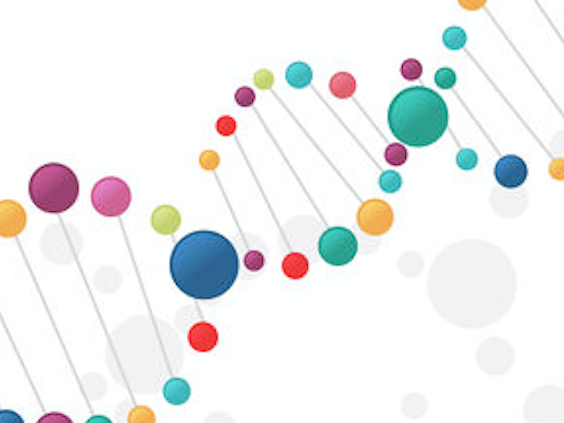8 March 2018
The US Food and Drug Administration (FDA) has just approved an at-home test for certain DNA abnormalities known to be associated with an increased risk of breast and ovarian cancer. This is the first approval for a direct-to-consumer (DTC) breast cancer genetic test.
Approximately 15% of patients diagnosed with breast cancer will be found to carry a specific mutation in their DNA. The most common mutations occur in the BRCA 1 and BRCA 2 genes. These genetic mutations have been identified in every racial and ethnic group, but are much more prevalent in the Ashkenazi (Eastern European) Jewish (AJ) population. In AJ breast cancer patients, genetic testing is recommended regardless of age of breast cancer diagnosis. In non-AJ patients, testing is generally recommended in patients diagnosed under the age of 50 (under age 60 if “triple negative” breast cancer), or in those with a strong family history of breast and/or ovarian cancer. The NCI BRCA1 / BRCA2 Genetic Testing Fact Sheet is a good resource for information on genetic testing.
In AJ patients, “3 site” testing is usually the first test performed – it tests for the 3 BRCA mutations most commonly found in this group of patients. If the test reveals no abnormality, more comprehensive testing is performed (using the same blood or saliva sample). There are well over 1000 known BRCA 1 and 2 mutations, and there are many more mutations that have been identified on other genes that are also associated with increased risk. The test that was just approved is for 23andMe’s 3 site BRCA mutation testing. This testing is not applicable to non-AJ patients, or to those who have a different, known mutation in their family. A negative 23andMe test may lead some patients to falsely assume that they are not at increased risk.
National guidelines recommend that genetic testing should be accompanied by both pre-and post-test counseling. Genetic test results may be complicated by indeterminate findings (known as variants of uncertain significance, or VUS), and a negative test result does not always mean no increased risk of breast or other cancers. There can be many implications of positive and negative test results, not only for the patient, but for family members as well. As genetic testing becomes less expensive, there will likely be other companies that offer DTC testing. It is important that patients who are interested in such testing first do their research and I strongly recommend that patients initiate a discussion with their physician.
Additional Information:
Scientific American: FDA Approves First Direct-to-Consumer Test for Breast Cancer Risk
ASCO Post: FDA Authorizes Direct-to-Consumer Test That Reports Three Mutations in the BRCA1/BRCA2 Breast Cancer Genes
The Atlantic: 23andMe Will Now Test for BRCA Breast Cancer Genes
Statement from FORCE (Facing Our Risk of Cancer Empowered)



